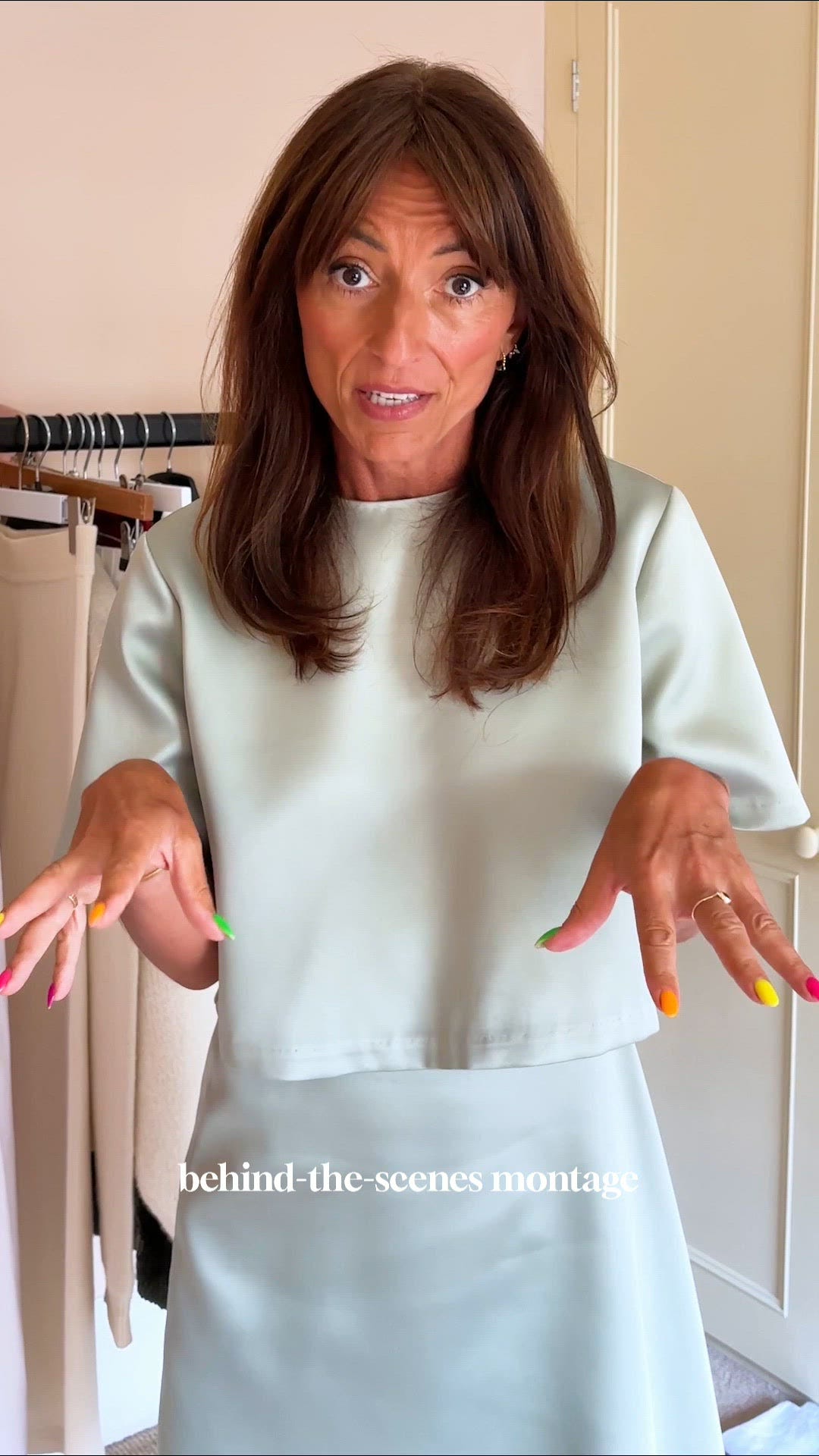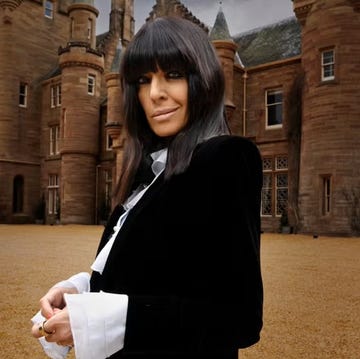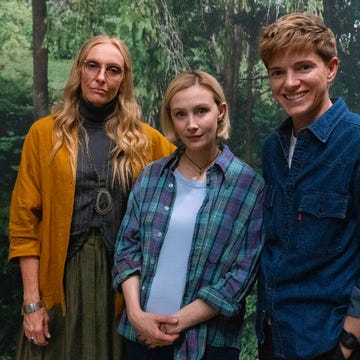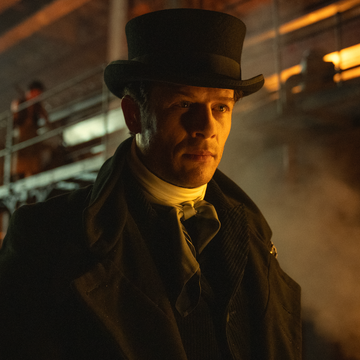I’m applying concealer under my eyes, a task that is becoming increasingly difficult as I wear glasses and can’t see straight. My eldest daughter, aged 11, emerges from the bathroom.
“Mum, you’ve got some on your cheek. It’s the wrong shade anyway. Try this one.” She hands me an alternative concealer that she’s recently bought.
She’s one of those savvy tweens who knows more about makeup than I do. I thank her (she’s right, the colour is better), and then worry about how my makeup obsession has rubbed off on my daughter. That, and the dozens of tutorials she watches on YouTube.
What to read next
Amy Adams, the Hollywood actress, said in an interview this week that she went makeup-free for years at the behest of her daughter. “I just want you to look like Mom, not like Amy Adams,” she told her. Pamela Anderson has jettisoned her mascara, too.
I ask my daughter if she would like me to wear less makeup. Would I appear more authentic perhaps, more real to her that way? “I don’t care really – it’s your face,” she replies, noncommittal. Still, it sets me thinking.
Would I feel more myself without makeup? Might it prove an important lesson in self-acceptance? I resolve to try it.
The next day I wake up with a grey face. The shade is sort of like concrete, but the surface is wobbly. The usual routine would go like this: cleanse, serum, moisturiser, cover-up, foundation, blusher, at least a couple of coats of mascara. Given time, I’ll add some smudged brown eyeliner. Instead, I squint at my reflection and head off on the school run.
“Are you feeling okay?” a friend asks at the school gate. I’m wearing my cream balaclava and have pulled it up so it covers most of my face. Only my makeup-free nose is sticking out. In truth, I’m feeling uncomfortable and out of sorts.
“I’m great, why?” I ask.
“You just look… tired,” she replies.
I walk off in a huff, pulling the balaclava up further until my daughter rushes across the playground and pulls it down. “Mum! You’re embarrassing me!” she shrieks. My attempt to go make-p free to make her happy is not off to the best start.
“I’m going makeup-free, like Pamela Anderson,” I try to explain, but she’s already run off and into class. As I walk to the baker I’m acutely aware that I’ll pass people I know. I keep my eyes on the pavement ahead. I feel like I’m coming down with something.
Perhaps I should have chosen a healthier day to go makeup-free? Pamela Anderson looks glowing in the photos on my phone. She has a nice, natural blush to her cheeks. I start to harbour suspicions that she secretly puts a tiny bit of slap on.
I realise this daydream is actually all about me, not Pammy. Because the thing is, even if it’s no longer trendy, I like my face with makeup. Just like I shave my legs and armpits (and now my chin occasionally), it’s a daily ritual I use to feel better. I find the process relaxing too.
My mornings are often otherwise filled with high-octane mothering and trying to locate missing water bottles. And do I understand that these chores, like the pressure to wear makeup, can constitute a burden that falls disproportionately on women. I grew up in a feminist household where I was lectured not to do these things because they were “part and parcel of the patriarchy”. But the thing is, I choose to do them because they make me feel human.
“You look different!” the woman in the bakery says as she hands me a baguette. “Is it your glasses? Got new ones?” “I’m not wearing makeup,” I reply grumpily, unsure why I’m getting peeved that people are noticing the difference in my face.
“I don’t wear the stuff either,” she replies.“I think it’s good to be natural.” I can see that she’s wearing foundation and heavy eyeliner, though, and I think about how women are often expected to underplay the effort they’ve made to look good. How, if you compliment the average woman on something she’s wearing, she’ll usually reply, “Oh this old thing!” instead of saying that she searched online for a month for it, and had to elbow 50 other women out the way for the privilege of wearing it.
We don’t want to be seen as vain. An old boss once told me I wore too much makeup. “I don’t know how you have the time to put so much makeup on each morning,” she said, when we were about to deliver a presentation to a room full of clients. Like I should have been writing more slides for the deck and not putting lipstick on my mouth.
I remember feeling like a frivolous dork, despite the fact that I’d written the entire presentation and it was (though I'd never have said it) brilliant. It’s hard to shake the sense that being clever and wearing a good foundation cannot go hand in hand. But why?
In the past, I’ve used makeup to create structure and routine. During lockdown I wore it every day and it gave me the illusion of having some control over my life. I’ve used it while in the depths of terrible grief when I lost my dad. And in early motherhood when I looked in the mirror and didn’t recognise myself any more.
So when I get home, I tentatively apply concealer under my eyes. I look like someone who isn’t about to keel over. I decide that going makeup-free isn’t the way to unravel the patriarchy. We need to dismantle decades of hang-ups, standards and societal expectations. Unfortunately, that’s a longer, harder job. And one I might as well feel good while facing.














